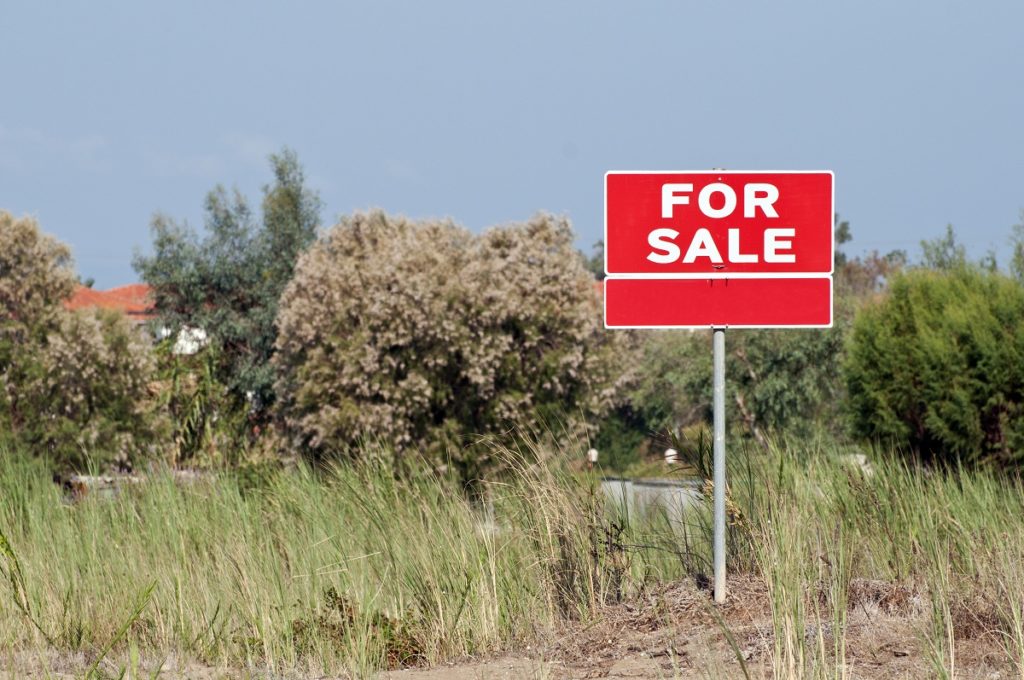Anyone who has even a smidgen of knowledge about investing knows that real estate is one of the best industries to enter because while it can be volatile, there will always be a demand for it. The assumption is that there will always be a market for it because people will always need a place to live, regardless of the state of the economy or global affairs. However, there are plenty of considerations if you want to succeed as a real estate investor.
Here are some tips and pointers if you want to diversify your portfolio through real estate assets.
Do your homework
If you are looking to purchase a piece of land on sale only to sell it at a later time, here are some things you need to research about the area:
- Check if the roads leading to the land will be closed any time soon and if these closures will affect the land you’re planning to purchase. It might lower the value of the property in considerable ways.
- Check if the area or neighborhood is up-and-coming. Are people flocking to it? What’s the demographic of the area? Do you think the area will be bustling in a few years? Because if the answer to these questions is yes, then you might find that you’ll have a market for whatever you’re planning to do with the land.
- Leave no stone unturned when inspecting if external factors might lower the value of the property. Some examples include increasing mortgage rates, the area’s propensity for natural disasters like wildfires, hurricanes, earthquakes, tornadoes, floods, and mudslides.
Don’t be afraid to start small
Today, some of the most successful real estate investors started with something as simple as buying a duplex or residential property with a basement apartment. Then, they live in one unit of the property while renting out the other to tenants. Even something as simple as this setup already makes you a real estate investor, and it’s a smart way to get yourself exposed to the industry without having to live with a roommate or tenant.

Map out your expenses
If you’re going to buy real estate to invest in, there are so many other expenses you need to take into account. It’s not just the cost of the property itself you need to account for; you also need to consider the taxes, maintenance, utilities, and repairs.
One option you can consider is hiring a rental company to help you with the rent collection and the necessary repairs and maintenance. It will cost you more upfront. But it can also rid you of the burden of caring for every minute detail of managing the property. Considering an external agency to help you with the management is a solid option, especially if you have other professions to focus on.
When pricing the rental, you need to take all of these costs into consideration. You need to ensure that the rental fees will help cover these expenses. Your tenants’ deposit and the first few months of surplus payments should also be set aside to help cover maintenance and repair costs. Insurance is also a big consideration since you want to ensure a fallback if the property experiences major damage. Another fallback that can help you is a sinking fund.
Pay with cash
One of the first tips that financial advisers give is never taking out loans to make investments—and for good reason. Experts suggest that it only makes sense to take out a loan for investment when you know that the return on that specific investment is high and the risk level is low. If you’re not sure you can turn a profit before you need to start paying for the loans, then paying for the property in cash is the better and safer option.
If you find yourself in a position where you can’t afford to pay cash for the property yet, then at the very least, make sure you have the capacity to pay for the mortgage, even as you wait for rental income.
Everything worth building always takes time and a lot of hard work. Don’t hesitate to start small and be comfortable being a landlord for one property, and expand from there. Once you make a profit from one property, you will have some knowledge of how it works—what to do and what not to do. It will give you an insight into how to make a greater return on the properties you invest in.



